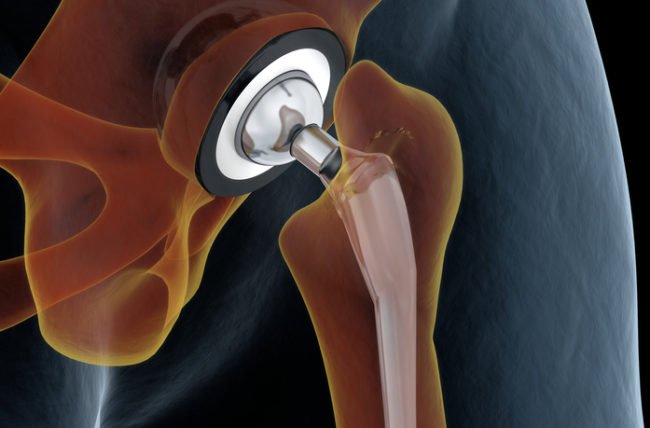
Does there exist a “proper” age for joint surgery? When is it too late or too early to have a joint replaced?
There are no conclusive answers to this query. A growing number of people are developing osteoarthritis and other degenerative joint illnesses at younger ages as a result of sedentary lifestyles, bad diets, and obesity, which is challenging traditional medical beliefs.
The general rule of thumb is to seek medical attention if your normal daily activities, such as sitting, standing, walking, driving, working, or shopping, are compromised, even if that ultimately means having a joint replacement surgery. There isn’t a specific, ideal age for joint replacement surgery.
Following a thorough examination, an orthopaedic surgeon will offer you the best recommendations for your course of therapy. Perhaps you should seek a second opinion.
Good Candidates for Joint Replacement
When deciding whether a person is a good candidate for joint replacement surgery, factors such as the individual’s general health, the seriousness of the joint issue, and the degree of disability all come into play.
If the bones are too fragile to adequately support an implant, osteoporosis may in some situations prevent a patient from having joint replacement surgery.
Even though age is a crucial determinant for any surgery, including joint replacement, it is not the most essential one. It is one of many equally significant variables. Every case is different and needs to be judged on its own merits.
The correct considerations and assessments must underlie the decision to operate. It is best to try to rule out all other options. Modern, expertly constructed facilities and execution are required.
Regardless of age, joint replacement that enhances ability, independence, quality of life, and function is desirable. No one should have to live in pain if safe and effective surgery can fix this.
Joint Replacement in Elderly Patients
Patients in their 80s and 90s may have the greatest improvements in quality of life. For elderly people, the chance to resume favourite activities, such as sports, and to be free of pain and incapacity can make all the difference.
Because senior patients frequently have additional co-existing and age-related medical issues, they may require specialised therapy, monitoring, and care – both before and after the procedure. It’s crucial to find a hospital with experienced personnel and a history of successful operations.
Elderly patients should make the necessary preparations as they are likely to require more extended postoperative help and care at home.
Joint Replacement in Young Patients
Surprisingly, being too young could prevent a candidate from having joint replacement surgery due to age-related factors.
Joint implants and devices have a set lifespan. Doctors will occasionally suggest waiting unless the problem is severely debilitating in order to avoid revision surgery.
Additionally, younger individuals use their prostheses more frequently and are more active. An individual who has a joint replacement when they are younger is likely to require another replacement procedure 15 to 20 years later.
Prosthesis failure is a painful disorder that can reduce the affected joint’s mobility and effectiveness. Younger patients are more frequently affected by this, which frequently necessitates revision surgery.
Very young applicants require guidance and a thorough explanation of their condition, their alternatives, the type and duration of their implants, and pre- and postoperative procedures. They must to be aware that numerous revision operations can be required.
Patients between the ages of 60 and 80 typically undergo joint replacements, and the majority of them are female. However, individuals who are younger or older are not always prohibited. If it is necessary for their condition to relieve pain, improve function, mobility, and quality of life, teenagers, young adults, and even children may be suitable candidates.
There is no upper age limit for a joint replacement procedure, provided that all other circumstances are appropriate. The surgery is appropriate for many older individuals today because of their good health.
